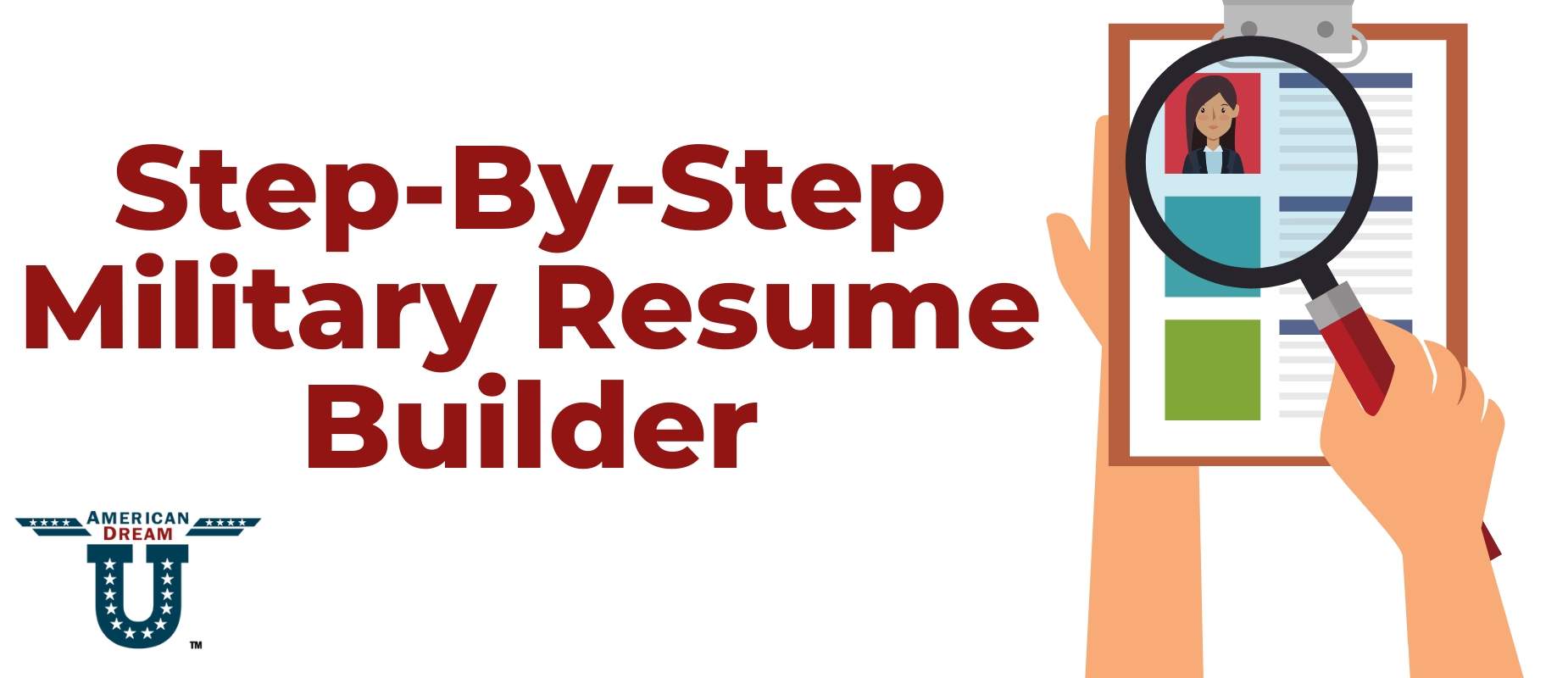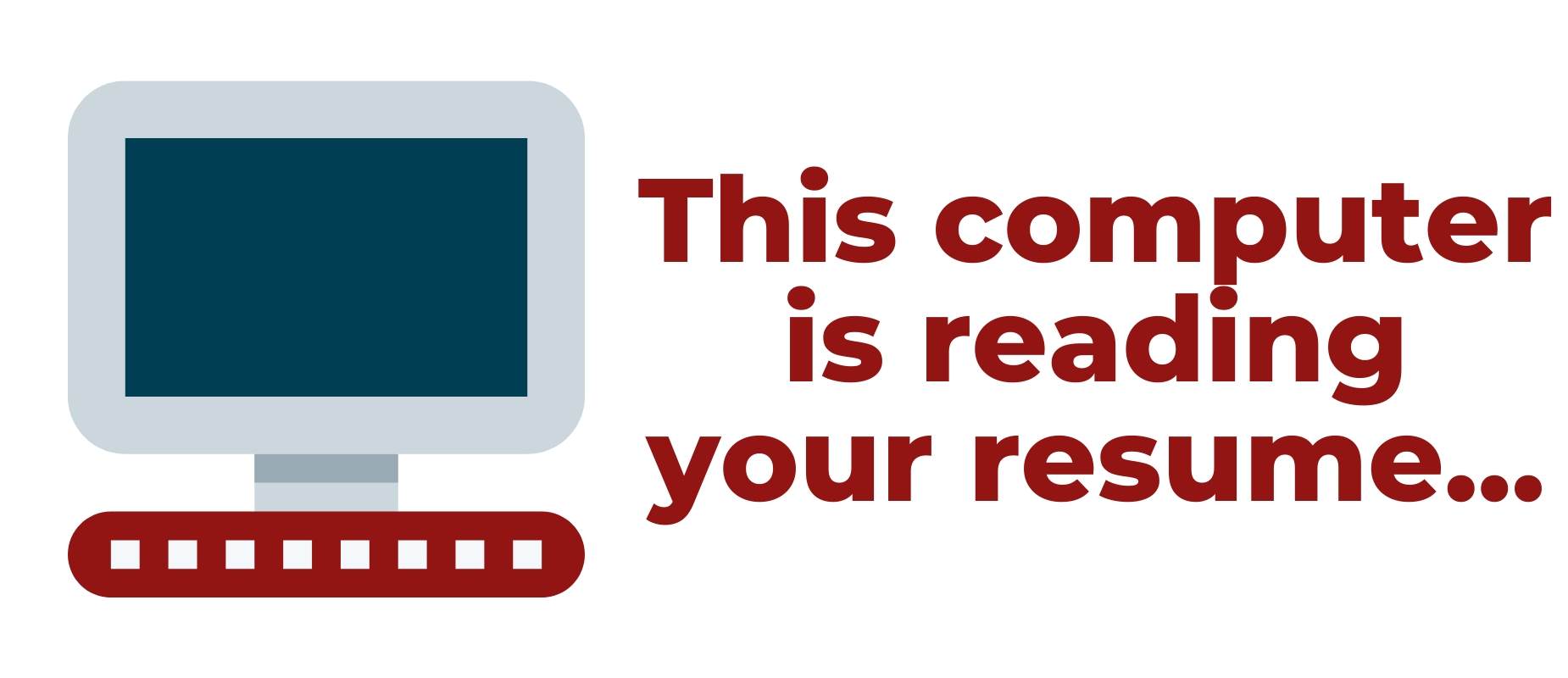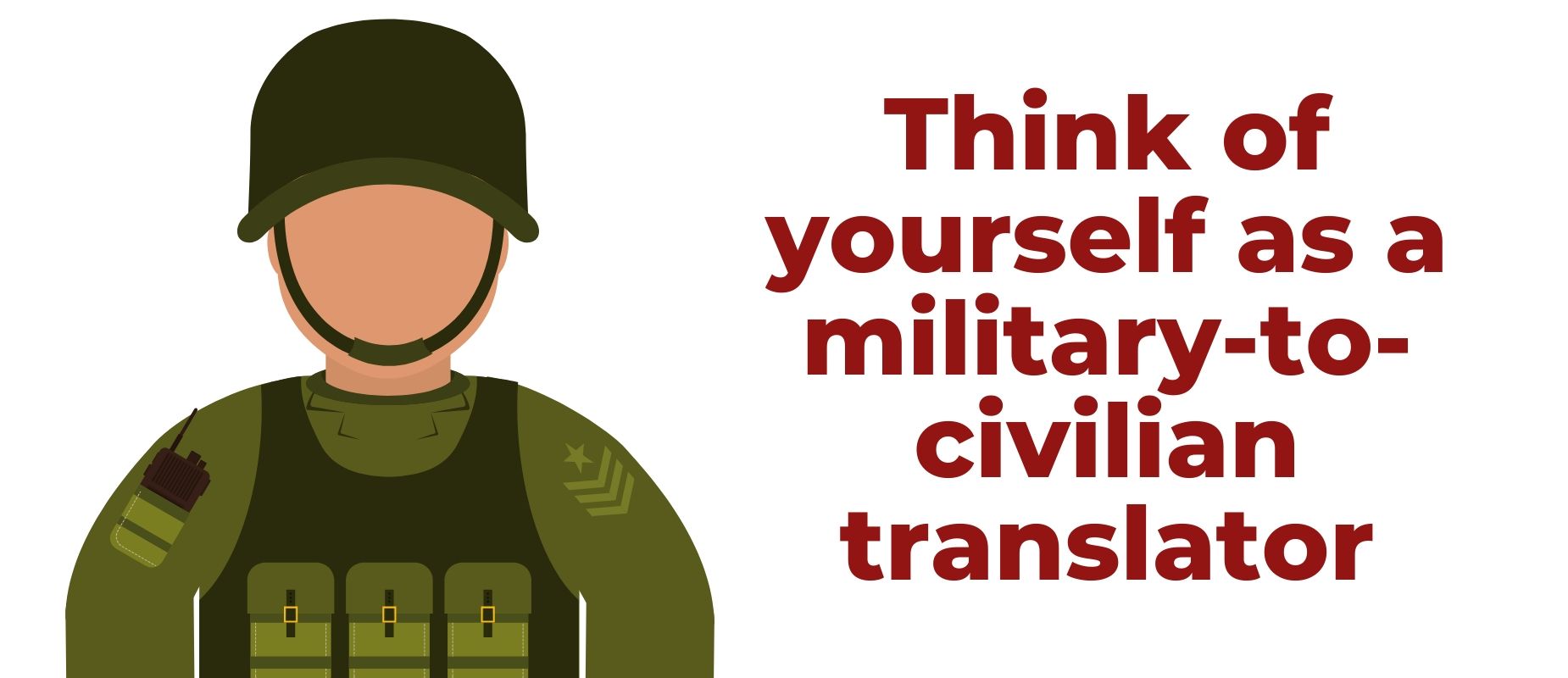Are you preparing to transition from the military to the civilian workforce? If so, have you thought about a resume?
That is right. You need to highlight the skills you gained while serving. Highlighting your military experience correctly can help land you that big I word.
INTERVIEW!
This guide will share exactly how you can craft your resume so that hiring managers drool over it and are forced to hire you.
Why Do Resumes Matter?
A resume is what gets you over the edge.
Oftentimes, it is the first impression to a potential employer. Yet, we don’t recommend this. If you solely rely on your resume to get a job, then you’re setting yourself up for a disappointment.
There’s a whole process to finding your dream job BEYOND just having a killer resume. Our free online courses take you step-by-step through this process.
Anyway… Your resume outlines skills, background, and education. It basically is a piece of paper that says – “yes, I’m qualified for this job enough that you should probably at least interview me.”
It is what makes an employer want to meet you for that next step. The next step is the interview.
Who Will Be Reading Your Resume? (This Is Important)
In today’s high tech society, many companies have several steps when it comes to reviewing resumes. Having a clear understanding of each company’s selection process is critical.
Will your resume first be viewed by an individual in Human Resources, the hiring manager, a team of individuals, or electronically?
Many companies receive hundreds, if not thousands, of resumes daily. And your larger companies (and even some smaller companies now) have an electronic process where all resumes are submitted electronically. Due to this, most government jobs and civilian entities have a computer scanning system in place before a human even glances at it.
So, here’s the deal:
Most likely, a computer will be reading your resume. So, not only do you have to make the ACTUAL hiring manager happy with your resume, but you have to make the hiring ROBOT happy with your resume.
First, A Computer Reads Your Resume.
As resumes are received, they are scanned into an automated system. This system is keyed with “buzzwords”.
The computer is looking for certain words.
If you use at least a certain percentage of those words, you pass and a real person might read your resume (next section).
If you do not use a certain percentage, then you fail and a human will never read your resume.
How do you make the computer happy?
Here’s what we recommend (you might not like it):
You have to cater each resume you send to the specific job posting. If that job posting focuses on words like “leadership,” “digital marketing,” and “project management” then you BETTER have those words in your resume somewhere.
We recommend that you have a “generic” resume.
From there, you might change out a couple of words here and there for each job posting you submit to depending on the keywords they use in the job posting description.
Make sense?
Your Resume Will Look Differently Depending On The Job You Want
Your first job is to make the computer happy.
And, in order to do that, if you have to use the “buzzwords” that the computer wants to hear. These buzzwords are usually in the job description. Because of this, you might have to slightly change your resume for each job posting in order to hit those buzzwords.
Then, If You Pass The Computer’s Test, Then A Human (Most Likely With Zero Military Experience) Will Read It
Congratulations! The computer flagged your resume as passing the “buzzword” test.
More than likely, someone without any military experience will read your resume. Someone who won’t understand the military lingo, so it’s important that you tailor your skills for the civilian world.
They won’t understand how much responsibility you had in the military, how much impact you created during your previous missions or within your unit.
They just WON’T get it.
That’s why it’s your job to paint a very clear story for them. You need to make it clear how much responsibility you actually had. How much impact your actually created.
Think Of Yourself As a Military To Civilian Translator
Military jargon is a specific language within itself. It is also branch-specific.
Across the branches, acronyms and terminology are different. Think about the interactions with other military members from another branch. Something as simple as the NEX, PX, or BX. Different acronyms, but all the same place.
The above acronyms mean nothing to a civilian. How do you translate this to a civilian?
In simple terms to a civilian, one would say…. the store.
Think about the civilian workforce who never hear nor can relate to any of the job functions or tasks from your military career.
The function of the resume is to translate what one’s duties were in the military to civilian terms.
Every acronym or jargon, military-specific word you use?
It must be translated into civilian-speak. You will probably need to dumb it down for them since they most likely have NEVER heard of any of these things.
Acronyms Are Your Enemy
Most civilians have zero knowledge when it comes to military acronyms. Acronyms, in general, can be tricky and have different meanings across job functions, industries, and companies.
You should use the full technical name and put the acronym in parentheses if you decide to use acronyms.
Your resume should have ZERO acronyms.
Military Skills To List On Resume: Describe Your Military Experience As If Someone Who Knows Nothing About The Military Is Reading
As you write your resume, keep in mind that although the military community seems large, only about 1% of Americans make up the military population.
This means many may not understand your military experience. You want to ensure your experience is understood, stands out, and highlights your skills and successes, you will need to translate job functions to civilian jobs and terminology.
Here are a few websites to help you with your job description translations:
Your Military Job Descriptions Must Be Data-Driven & Civilian-Centric
After taking the time to translate military skills into civilian terms, be sure to highlight data. Include the number of personnel managed, the equipment you inventoried, and the budgets you managed.
Use specific numbers.
If you know that the equipment you manged was worth $17,560,000, then use that EXACT number. If you led 43 people, then say you led 43 people!
There Are Different Types Of Resumes For Different Military Experience
There are different types of resumes, and each type of resume has different marketing goals.
- Functional Resume – Focus on skills and experience
- Chronological Resume – Work history is listed first. Great to use when seeking a job that is closely related to your current field.
- Targeted Resume – Specifically highlight skills and experience to targeted job
- Combination Resume – Combines functional and targeted. This type of resume will help you highlight what makes you the best fit for the job
- Nontraditional Resume – A unique style of resume using graphics, images, etc. Great for individuals in a creative field
You need to determine which resume is going to fit with the type of job that you want.
Infantry Resume Will Look Very Different Than A Special Operations Resume
Now that we know there are different types of resumes and their functions, we want to ensure we select the best one to highlight key aspects of the job(s) while serving in the military.
You may have a wider variety of skill set to add to your resume. Depending on your job, it will depend on what and how to highlight to catch a potential employer’s attention.
So… Create A Resume The Computer and Hiring Manager Will Love
It really comes down to 2 things.
- Create a resume that’ll pass the computer’s “buzzword” test.
- Write a resume that’ll connect with the hiring manager and see you as a great fit to solve their problem.






